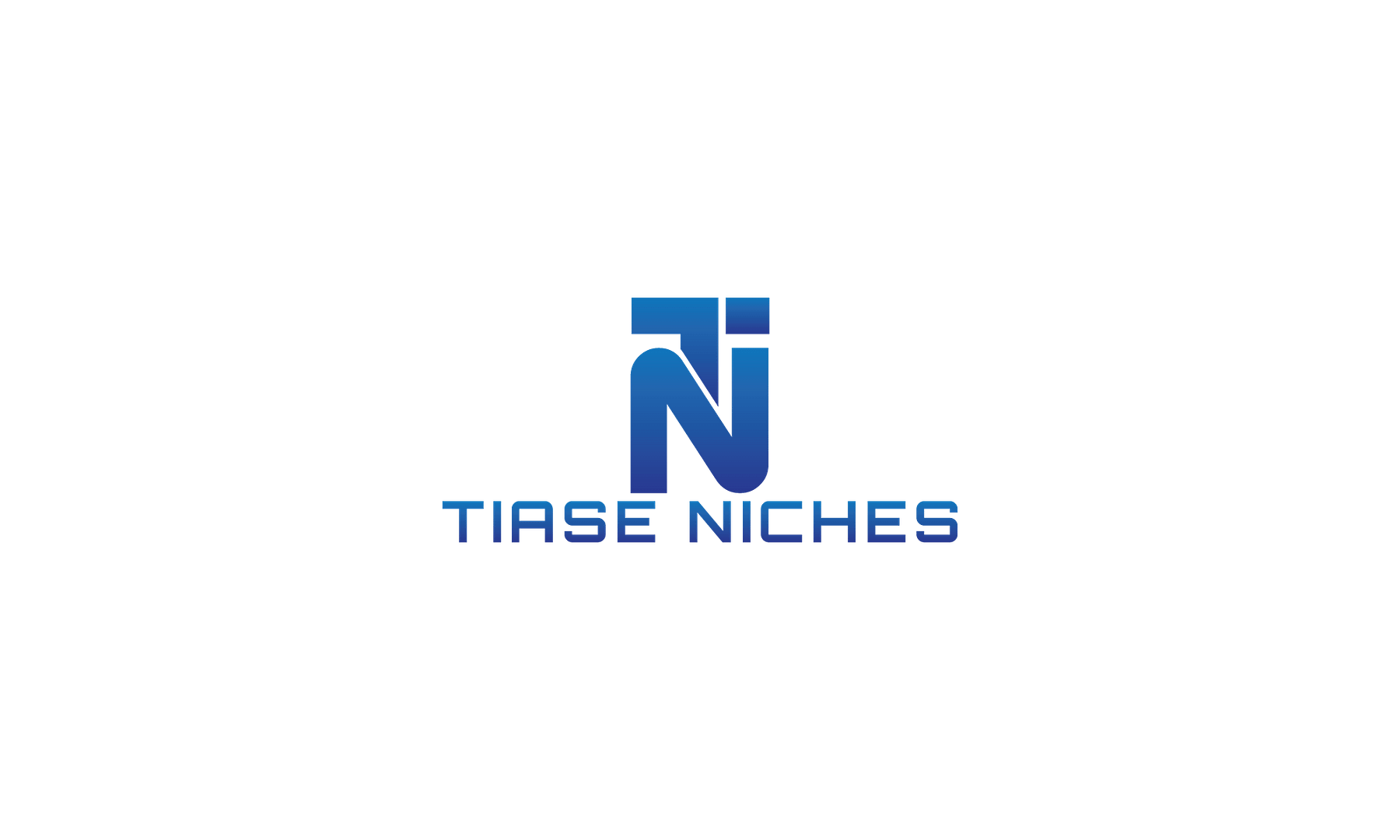Creating an effective Call to Action (CTA) is crucial for converting leads into customers and growing your local business.
With this in mind, you can employ various types of CTAs with different goals.
Yet, crafting an effective CTA that drives results can prove challenging.
Considering the above, this post will highlight various types of CTAs and strategies for perfecting them.
Let's get going.
What is a CTA?
CTAs encourage your audience members to perform specific actions on sales pages, blog articles, social media posts, and emails.
For example, "Buy now!" is a commonly used CTA encouraging consumer purchases.
Above all, you should implement and test different CTAs for your business, including:
Purchase CTAs
Purchase CTAs motivate prospects to purchase and are often placed at the end of product descriptions, ads, and promotional content.
Subscribe CTAs
Subscribe CTAs encourage prospects to sign up for your email list or services.
Lead magnet CTAs
Well-designed lead magnet CTAs encourage prospects to opt in to receive free, valuable information.
Information CTAs
You can employ information CTAs when you are attempting to educate and build trust with your audience.
How to Create a Compelling Call to Action
Critical features for an effective CTAs for your local business include:
- Keeping them concise
- Ensuring a compelling opening
- Fostering emotion
- Ongoing testing
- Creating a sense of urgency
A compelling CTA should be 35 words maximum.
So, keep it concise.
With this in mind, create a solid opening that addresses the reader's problems or issues.
In reality, you can accomplish this in the form of a question.
For example, you could ask, "Are you struggling to convert leads into customers?" and then present your solution.
By all means, people are more likely to act when they feel emotionally triggered.
Consequently, research words that induce emotional responses before crafting your CTAs.
Notably, many successful businesses use this proven and highly effective tactic.
You can determine which CTAs are most effective for your business by testing and tracking each type's performance.
That is to say, testing will show you what works and what doesn't.
Finally, creating a sense of urgency, such as a limited-time offer, will increase the likelihood of your audience taking action.
For example, a CTA such as "Don't delay – Get 50% off now while this offer lasts" would pair nicely with promotional content.
In Conclusion
In the final analysis, creating an effective call to action for your local business requires being strategic and deliberate.
In addition, learning how to create compelling CTAs for your business can take time.
Regardless, ensure that your CTA motivates your audience and stands out among competing options, and you'll be fine.
And it gets easier with practice, testing, and trial and error.
Hope this helps,
Erik
We implement creative, results-based digital and hybrid marketing strategies for local business clients.
You can visit our home page and view our service plan options by clicking the button below.
